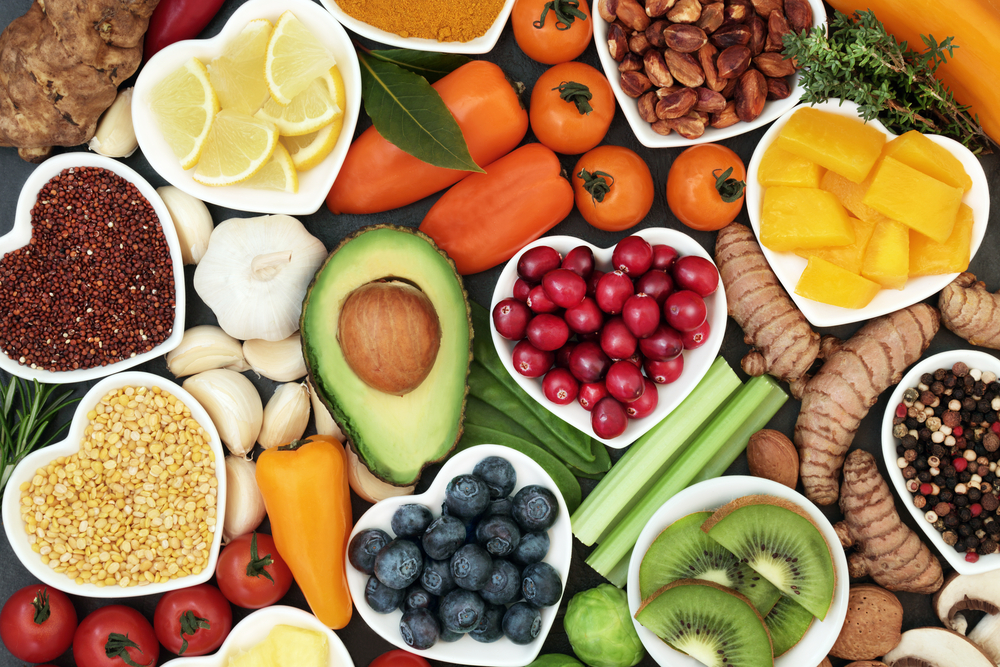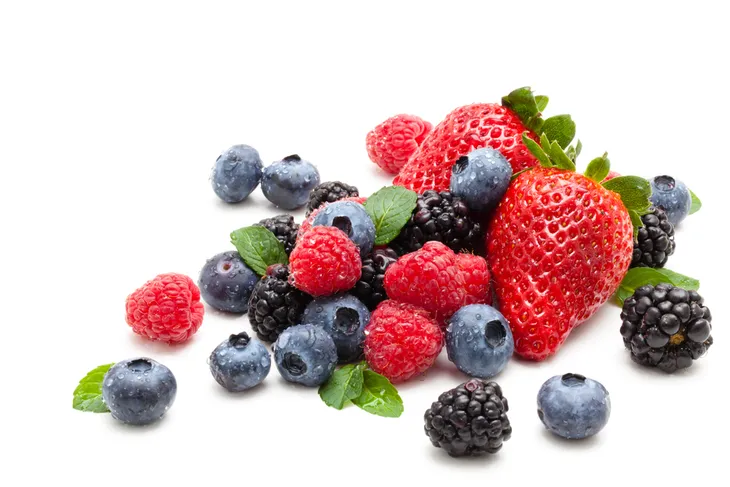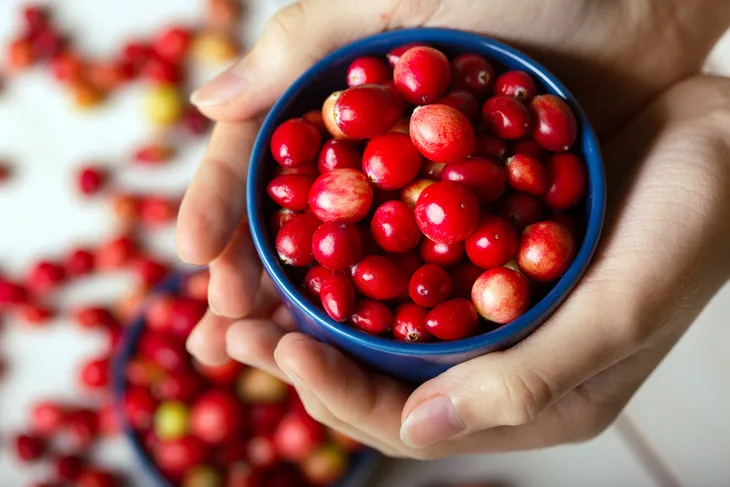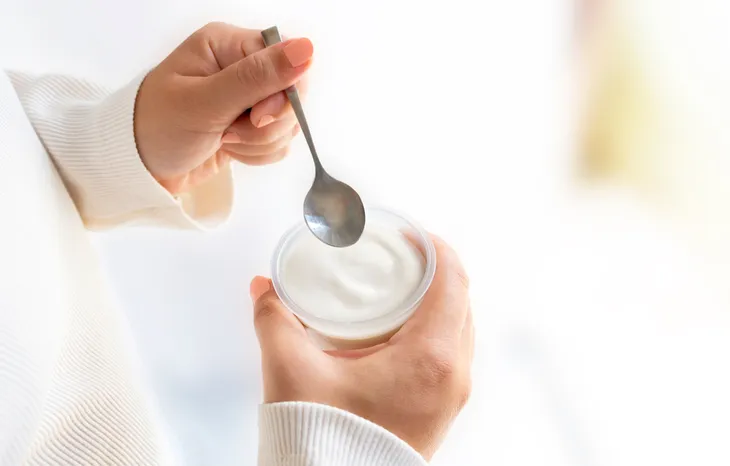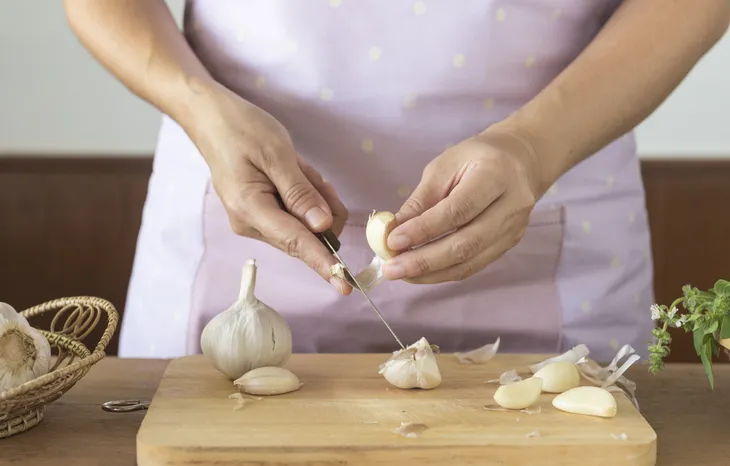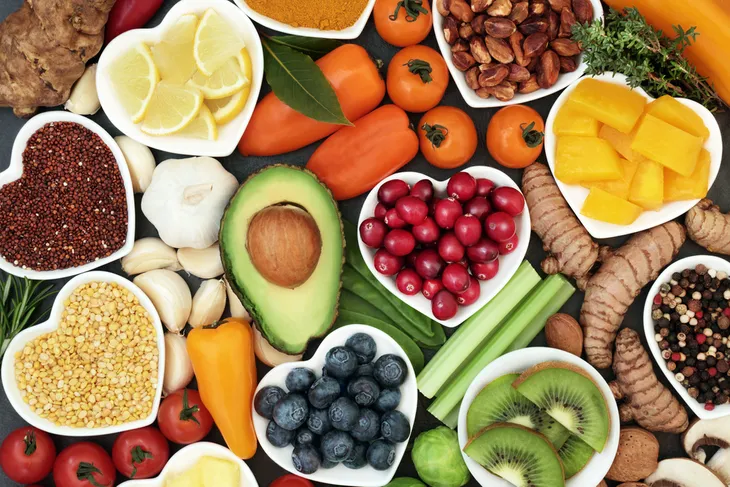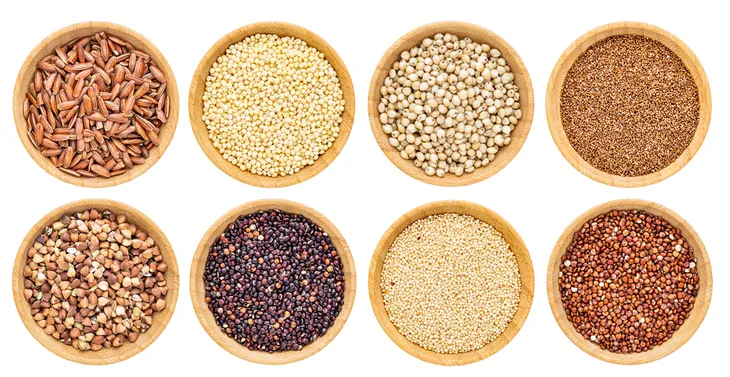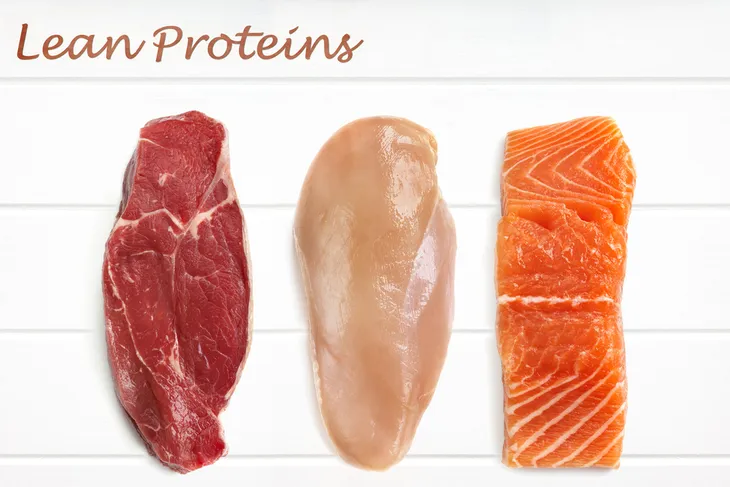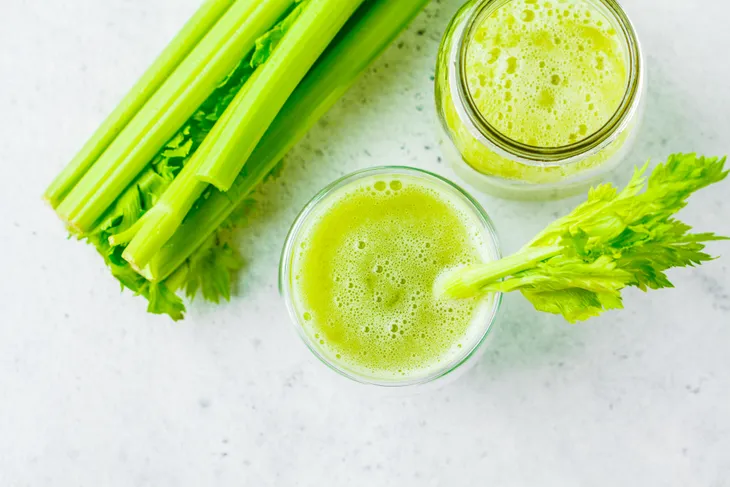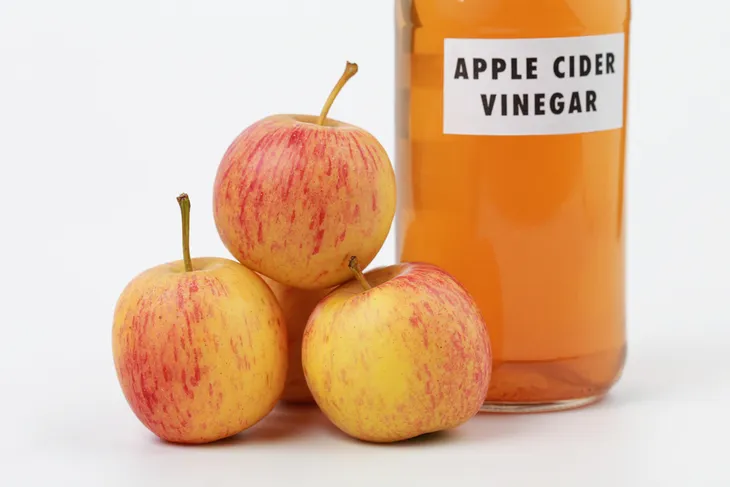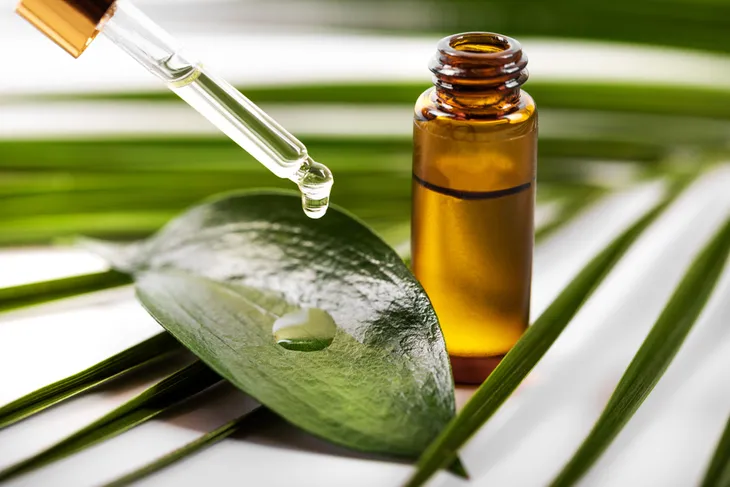The human urinary system has a dirty but very necessary job, which is to effectively remove liquid waste from the bloodstream while also maintaining a normal salt level in the body. Most people will go through their entire lives without encountering any significant urinary system issues, though even healthy individuals can occasionally experience a urinary tract infection, which typically results from bacteria gathering in sensitive areas, such as the bladder and urethra.
To avoid getting a urinary tract infection, which can make urinating painful, difficult, and generally uncomfortable, there are a number of foods and beverages that can help. Even better: most of these food and drink items are available at any old grocery store, farmer’s market or pharmacy.
Eat Berries
There are many health benefits to eating berries, from the ever-so-popular strawberry, raspberry and blueberry to the somewhat less known blackberry. But all of these berries are loaded with a compound known as flavanol, which has been shown to help fight bacterial infection — like the kind of bacterial infection that can cause an irritating urinary tract infection.
It doesn’t really matter how you get your berries; you could eat them fresh or add frozen berries to a smoothie. Their sweet and sometimes tart flavor makes them an excellent addition to desserts or your morning cereal bowl.
Cranberry Juice
Cranberry juice has been the go-to home remedy for urinary problems, including urinary tract infections, for generations. And there’s good reason for that: cranberry juice — or cranberry supplements — have been shown by scientific research to reduce the number of urinary tract infections one experiences.
That said, cranberry juice and supplements must be taken consistently to have that positive effect on the urinary tract. In other words, you can’t simply drink cranberry juice or take cranberry supplements in response to a urinary tract infection; you must take these every day for a prolonged period of time for them to have a noticeable effect on the body. It is important to understand that cranberry juices are not all the same. Carefully check the label to make sure it is cranberry juice and not a cocktail, says Julie Ching, registered dietitian.
Eat Yogurt
For a few years now we’ve been hearing that eating yogurt loaded with probiotics can help build up helpful gut bacteria capable of helping us break down our food in an efficient manner. The result can be a more effective digestive system, more energy and generally feeling more comfortable.
But not nearly as many people are aware that probiotics in yogurt could help their urinary systems, too. In fact, yogurt can help fight urinary tract infections, which could also help prevent the development of more serious urinary problems, including bladder cancer. Look for yogurts that are low fat and not pack with sugar, otherwise you could be packing on calories and weight, says Ching.
Add Garlic to Meals
Garlic can do a lot more than keep vampires away; it’s also an effective way to keep kidney infections and bladder cancer at bay. That’s because research shows garlic extract can help prevent the development and growth of cancer cells, particularly in the bladder and kidneys.
In fact, tests have shown that taking a garlic supplement for a period of just a few weeks can substantially reduce inflammation in the bladder and kidneys. You could also try a garlic supplement or add fresh or powdered garlic to your meals. Speak with your doctor or registered dietitian before taking garlic supplements as it can interact with your medication, says Ching.
Consume Antioxidants
You can help your bladder stay healthy and, if necessary, fight off infection by eating foods that contain antioxidants, which can limit the impact of free radicals and maintain the health of cells in the kidney and bladder.
Antioxidants can be found in a variety of foods, from berries like blueberries, raspberries, and blackberries to apples, grapes, and peanuts. Adding these natural foods to your diet won’t just help you fight off bladder problems, either; because they contain a variety of vitamins and minerals and are loaded with fiber, they’ll help your digestive system and overall health outlook as well.
Whole Grain Foods
Nutritionists often point to consuming whole grain foods as a healthy lifestyle choice because they’re so high in fiber, which can help the digestive system operate in an optimal fashion. These foods, including whole wheat bread and pasta and brown rice, typically contain enough fiber that they can help ensure an individual remains regular and has enough energy to get through the day.
Because the digestive system and bladder are so connected — with digestive issues like cramping, bloating, and constipation or diarrhea often having a direct impact on how the urinary system operates — it’s important to consume lots of whole grains each day.
Eat Protein
Protein plays a crucial role in helping to maintain our muscles and regulate our hormones. With a sufficient supply of protein, we place any and all of our muscles and their connective tissues in danger of decay, thereby leading to significant health problems.
This general rule most certainly applies to the bladder and connected areas of the body, as poor muscle functionality in the region can lead to discomfort and pain. Because protein is typically acquired by eating meat, many vegetarians and vegans can find themselves in a delicate situation when they cut animal protein out of their diets. Alternative sources of protein include nuts, peanut butter, and whey powder.
Avoid Coffee
If you’re experiencing any discomfort or pain in your bladder or connected muscles and tissue, it would be wise to restrict your consumption of coffee, tea, soda, energy drinks, and other caffeinated beverages (it’s also worth noting that some energy supplements contain ample amounts of caffeine).
This is because caffeine can irritate the bladder and generally requires an individual to use the bathroom more. Although caffeine withdrawal can present its own issues, such as lethargy and headaches, in the end the body will acclimate to the change.
Avoid Alcohol
More and more people are turning to alcohol as a way to escape the stresses of modern life, from personal relationship troubles to the pressures of the working world. And while that’s not a significant problem for a healthy individual who indulges in drinking only once in a while, for anyone with bladder problems it can be particularly troublesome.
That’s because alcohol, like caffeine, tends to irritate the bladder and, in general, makes it work harder than normal. A few pints of beer or a few glasses of wine will require an individual visit the washroom far more than usual, and for someone with bladder issues this can be a considerable health concern. Beyond that, excessive alcohol consumption can progressively damage the liver, one of the body’s most important organs and one that’s directly connected to the urinary system.
Celery
In the world of vegetables, celery is something of a wallflower; it’s neither loved nor loathed, largely because it has a fairly mild taste and texture. In short, no one is going to throw a party or start a riot because you added celery soup to the menu of your next dinner party.
Taste aside, though, celery does offer a number of benefits for the bladder and connective tissue. This is because celery, when consumed, has the potential to significantly reduce uric acid, thereby limiting discomfort prior to and during urination. Celery can also assist in the production of urine, and has been shown to help fight bacterial infections in the digestive system and reproductive organs.
Apple Cider Vinegar
Sometimes you have to consume less tasty food or drink in order to overcome pain and discomfort. Such is the case with apple cider vinegar, which is hardly an ideal drink for most people, but offers a variety of valuable enzymes and minerals that, together, can limit the development of bacteria in the urinary system and fight off a nasty urinary tract infection.
The good news is that you won’t need to consume too much apple cider vinegar in order to reap its benefits. Simply add a couple tablespoons of it to a glass of water and drink it down. To cut the taste of the vinegar, try adding some lemon juice or honey.
Apple cider vinegar is a rich source of enzymes, potassium and other minerals that can help to inhibit the growth of bacteria in the urinary tract to stop an infection.
Tea Tree Oil
Not every step towards a healthy bladder requires one to eat or drink foods and beverages. In this case, which involves tea tree oil, you’ll need to add about ten drops to your bath water and then bathe in the solution.
The upside? Water mixed with tea tree oil — which is available through many body care retailers — can help flush out the urinary tract and connective tissue, limiting your chances of developing a nasty urinary tract infection. Bathing in this mixture could also help you overcome an infection that’s already settled in.
